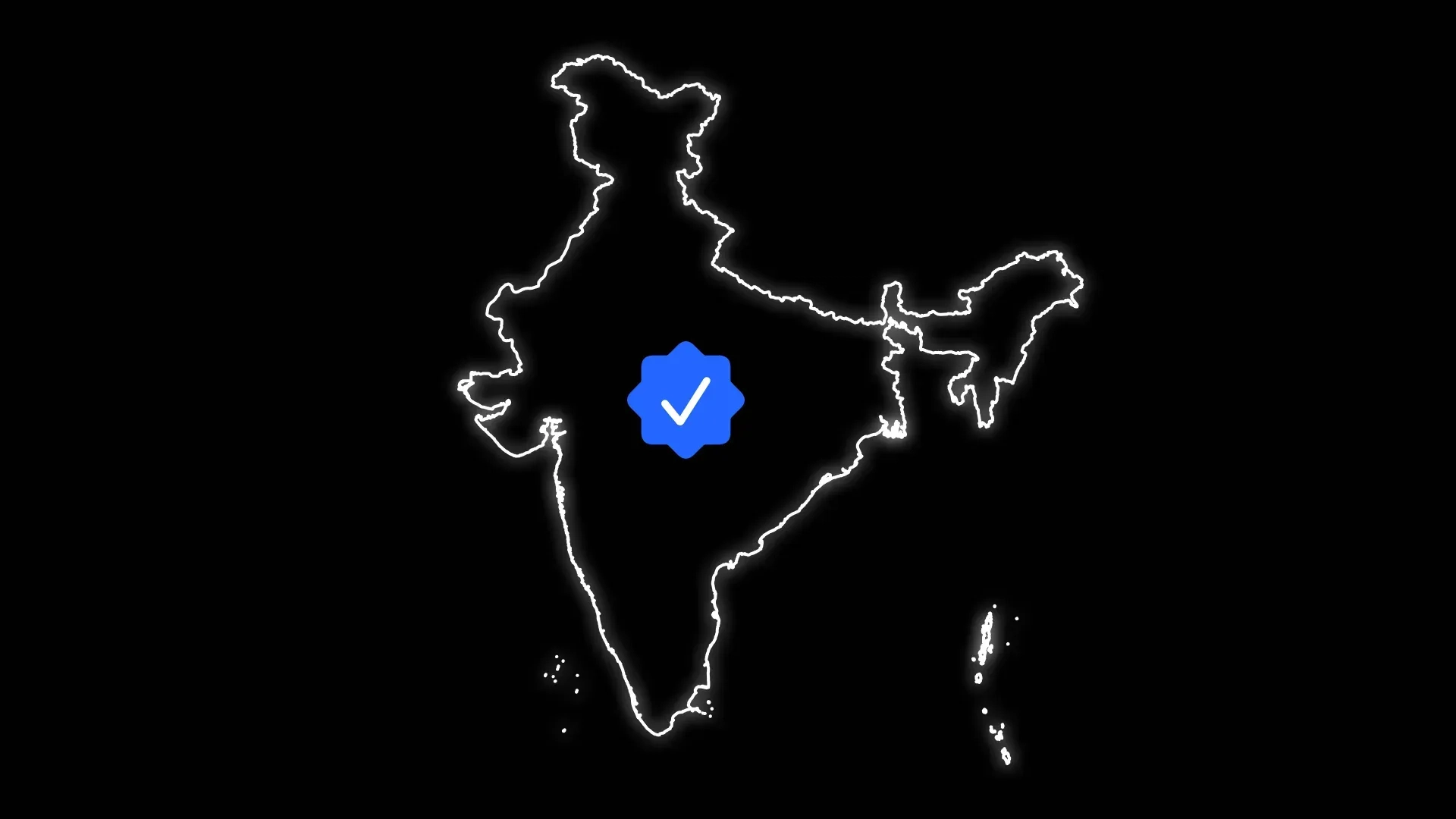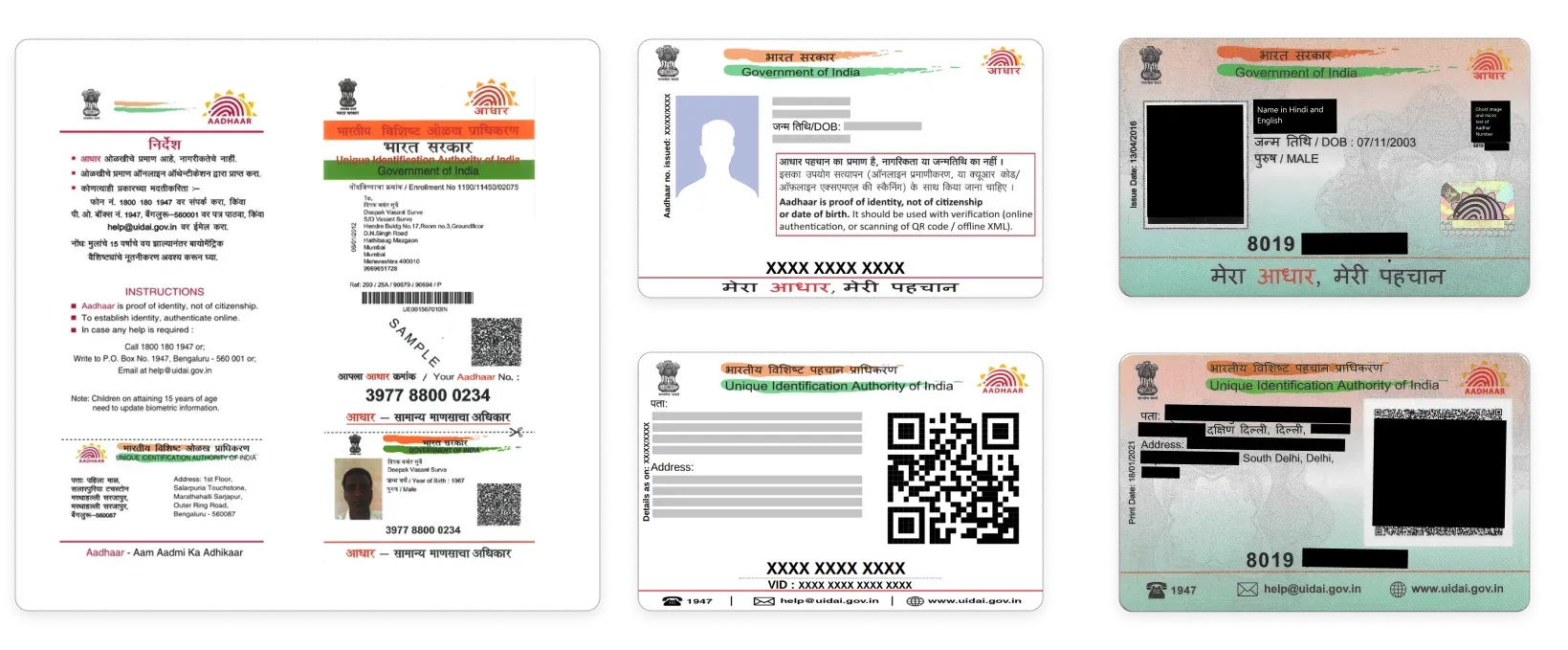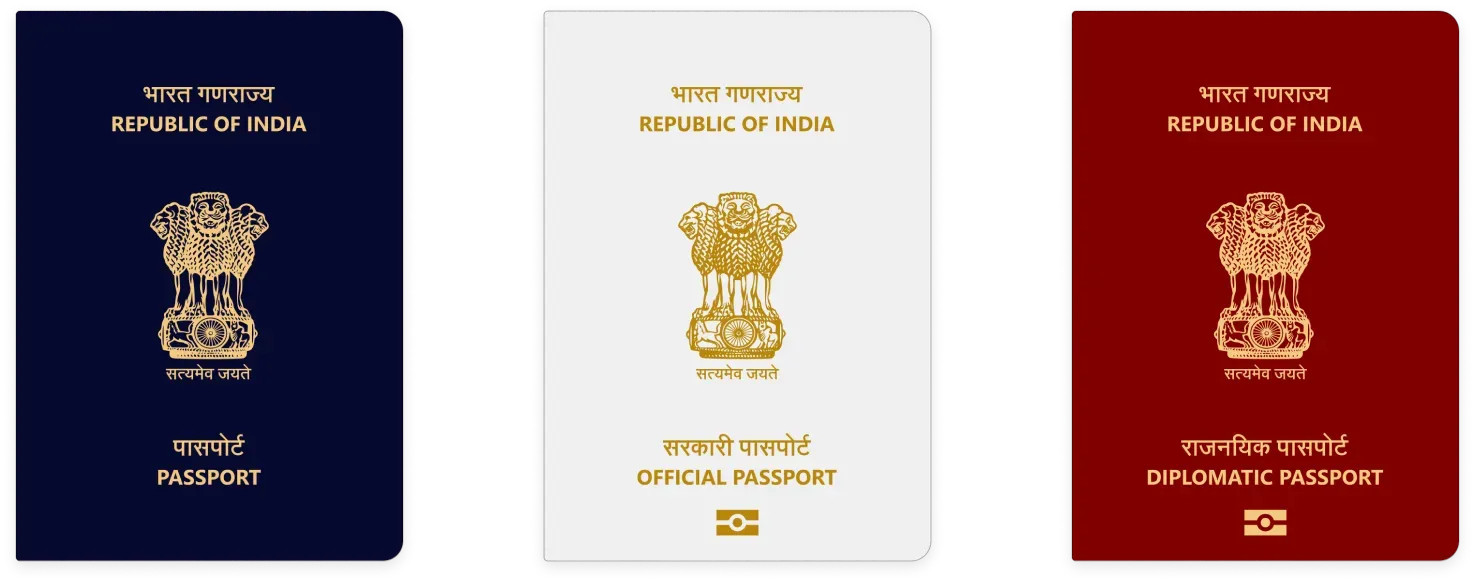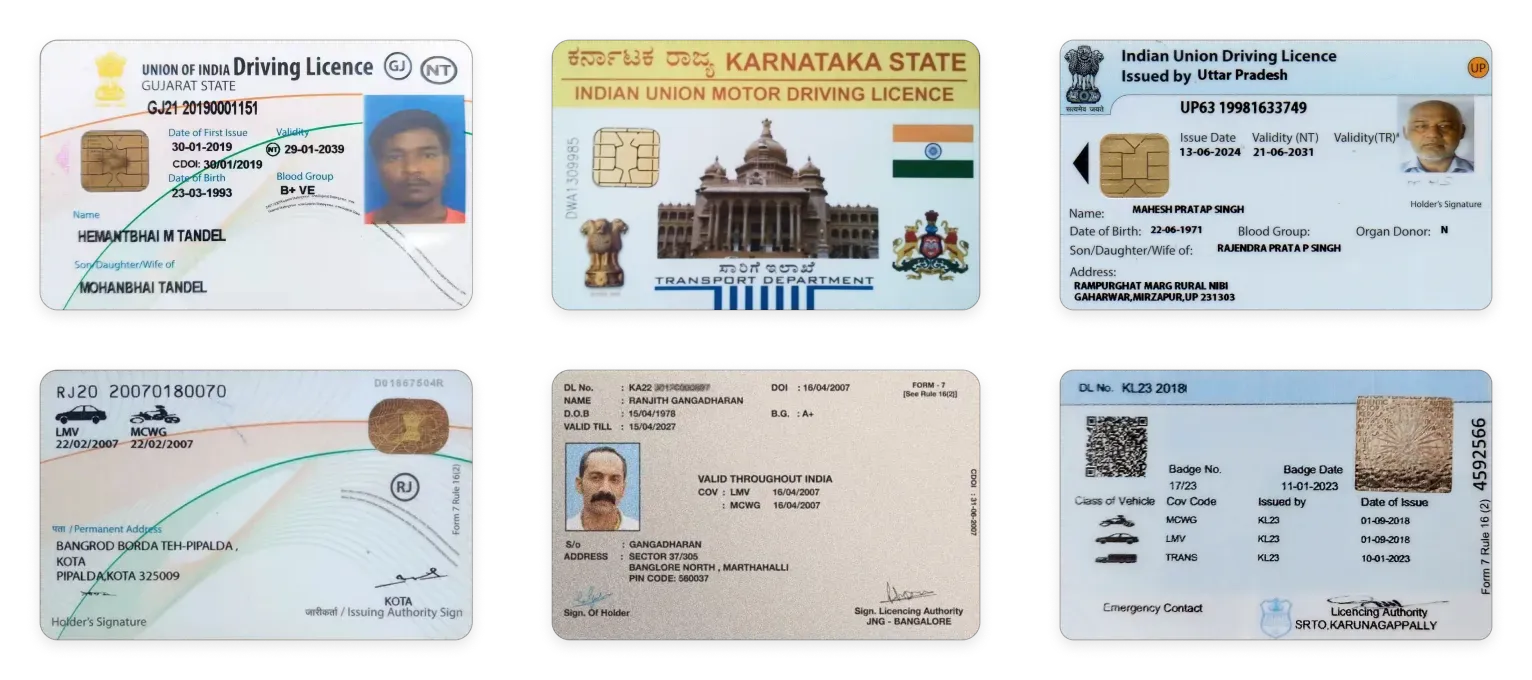
Identity Verification, KYC and AML Compliance in India
Key Takeaways
Identity verification in India requires technological solutions adapted to a complex regulatory ecosystem, with multiple documents and regional variations that demand specialized artificial intelligence algorithms.
The KYC and AML legal framework in India, led by bodies like RBI and FIU, establishes rigorous compliance standards that companies must implement to operate legally in the Indian financial market.
Documentary challenges in India include the lack of standardization in identification formats, which demands digital verification solutions capable of processing variations in Aadhaar cards, passports, and driver's licenses.
Identity verification technologies in India must combine advanced artificial intelligence, facial recognition, and AML screening to ensure safe and efficient onboarding processes in a rapidly transforming digital market.
India is emerging as a fundamental global player in the international financial compliance ecosystem, consolidating as a full member of the Financial Action Task Force (FATF) since 2010. With a population exceeding 1.4 billion people and a rapidly digitally transforming economy, the country has developed a sophisticated regulatory framework to combat money laundering and ensure the integrity of its financial systems. To combat financial fraud, KYC processes are key.
As part of the FATF's global network, specifically the Asia/Pacific Group on Money Laundering (APG), India has implemented robust identity verification and regulatory compliance strategies. This commitment reflects the maturity of the Indian financial system, which seeks to balance economic inclusion with rigorous fraud prevention mechanisms.
The complexity of the Indian regulatory landscape lies in its ability to adapt international regulations to a diverse and dynamic local context. Obliged entities must implement KYC and AML processes in India that are effective, efficient, and respectful of the country's cultural and administrative diversity.

The Legal Framework of KYC and AML in India: Regulatory Requirements
The regulatory landscape of India in financial compliance represents a complex and evolving normative ecosystem, designed to protect the integrity of the national economic system. The legal architecture of Know Your Customer (KYC) and Anti-Money Laundering (AML) in India has been strategically built to respond to global and local challenges, integrating international standards with the country's unique particularities.
India's regulatory transformation in identity verification and prevention of financial fraud has been a gradual but systematic process, primarily driven by bodies like the Reserve Bank of India (RBI), the Financial Intelligence Unit (FIU), and the Securities and Exchange Board of India (SEBI).
Prevention of Money Laundering Act (PMLA) of 2002
The Prevention of Money Laundering Act (PMLA) forms the backbone of India's financial regulatory framework. Enacted in 2002 and subsequently amended in 2009 and 2013, this legislation establishes a comprehensive mechanism to combat illicit financial activities. The PMLA not only defines money laundering as a crime but also sets detailed procedures for its investigation, property seizure, and sanctioning of involved entities.
RBI's Customer Due Diligence (CDD) Norms
The Reserve Bank of India has been fundamental in structuring KYC policies. Its guidelines, initially issued in 2002 and updated periodically, require financial institutions to implement rigorous identity verification processes. These norms demand precise customer identification, maintenance of detailed records, and continuous risk assessments.
Financial Intelligence Unit-India (FIU-IND) Regulations
The Financial Intelligence Unit of India plays a crucial role in receiving, processing, and analyzing suspicious transaction reports. Established in 2004, the FIU-IND functions as a national center for collecting financial information, facilitating early detection of potential criminal activities and providing strategic intelligence to enforcement authorities.
Identity Verification in India: A Challenge for Companies
Identity verification in India is configured as a multidimensional challenge for national and international companies. The demographic diversity, administrative heterogeneity, and accelerated digital transformation generate a dynamic and highly challenging regulatory landscape for identity service providers.
The fragmentation of registration systems, the coexistence of physical and digital documents, and linguistic and regional variations add layers of complexity to the verification process. While the Aadhaar card represents a significant advancement in unified identification, companies still face technical and regulatory obstacles to implementing fully standardized KYC verification processes.
The massive digitization driven by government initiatives like Digital India has transformed the verification context but has also generated new challenges in cybersecurity and document integrity. Organizations require advanced technological solutions that can quickly adapt to a constantly evolving regulatory environment, combining artificial intelligence, risk analysis, and regulatory compliance with a deep understanding of India's socioeconomic reality.
The Challenges in Verifying India's Documents
Document verification in India represents a regulatory and technological labyrinth that challenges even the most experienced KYC service providers. The absence of absolute standardization in formats, dimensions, and security features turns each identification process into a complex operation that requires cutting-edge technological solutions.
India's documentary ecosystem is characterized by a diversity that reflects the country's administrative complexity. Each state, each region, and even each issuing authority can present significant variations in identification documents, creating a scenario where homogeneity is more an aspiration than a concrete reality.
Key Documents: Identity Analysis in India
Citizen identification in India pivots around three fundamental documents: the Aadhaar card, the passport, and the driver's license. Each of these represents its own universe of technical and regulatory challenges.
The Aadhaar card, considered the national identification document, incorporates biometric technology and a unique identification number that seeks to unify registration systems. However, its implementation has not been without controversies related to privacy and data security.

Indian passports, issued by the Ministry of External Affairs, present advanced security features but are not completely standardized. Variability in formats, print quality, and security elements complicate automated verification processes.

Driver's licenses, issued by regional authorities, perhaps represent the most heterogeneous document. Each state may have different designs, sizes, and security elements, further complicating digital verification processes.

Didit: Transforming Identity Verification and KYC and AML Compliance in India
Didit is revolutionizing identity verification processes and regulatory compliance in the Indian market by introducing a unique technological solution: the first free and unlimited KYC service for companies operating in India.
Our technological proposal represents a radical transformation in approaching the challenges of identification and regulatory compliance, designed specifically for India's complex regulatory ecosystem. The solution integrates cutting-edge technologies that overcome traditional limitations of document verification.
Document Verification: We have developed AI algorithms capable of validating over 3,000 document types from 220 countries, with a unique processing capacity for the Indian context. Our system detects microscopic inconsistencies and extracts information with precision that surpasses current market standards, adapting to India's complex documentary reality.
If you want to know more about this process, in this blog article we explain everything related to document verification.
- Facial Recognition: We implement customized artificial intelligence models that go beyond simple biometric comparison. Our passive liveness test and advanced detection systems ensure the user's real identity, overcoming the documentary fraud challenges characteristic of the Indian market.
- AML Screening (Optional): We offer an optional service that provides real-time checks against more than 250 global data sets, covering a million entities on watchlists. This process allows companies to rigorously comply with the Reserve Bank of India (RBI) and the Financial Intelligence Unit's regulations.
What Official Documentation Does Didit Verify in India?
Didit exhaustively verifies:
- Aadhaar Card (National Identification)
- Passport
- Driver's License
In summary, this means for the Indian market:
- Full compliance with the Prevention of Money Laundering Act (PMLA)
- Operational cost reduction up to 90%
- KYC processes completed in less than 30 seconds
Are you ready to transform the challenges of identity verification in India into a competitive advantage?
